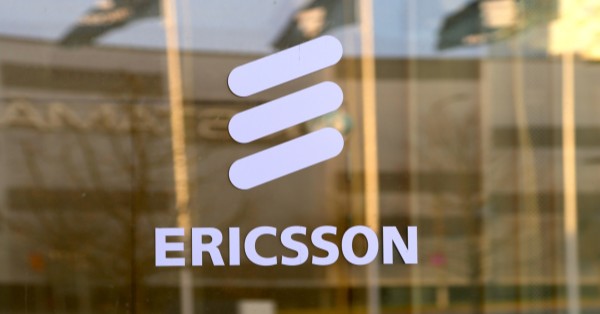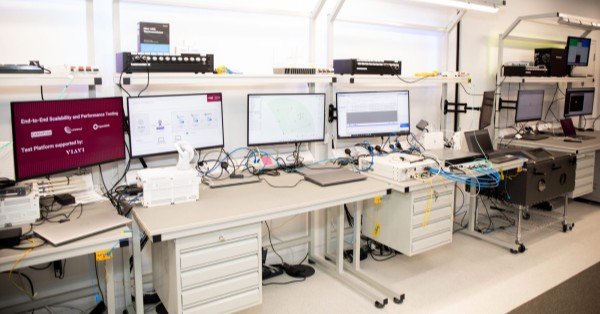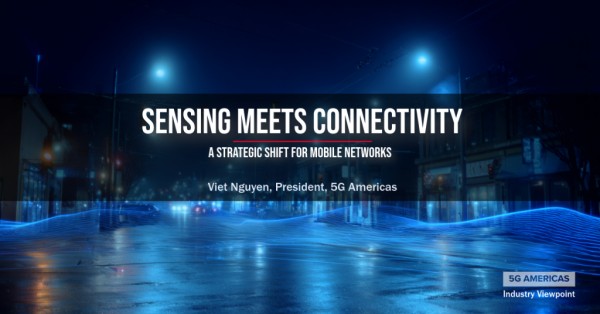The Global Mobile Suppliers Association (GSA) has estimated that at least 955 organizations have implemented LTE or 5G private mobile networks in 72 countries across the world.
According to a recent report from the GSA, there has been an unprecedented surge in private network deployments during Q3, with 66 new organizations joining the mix-up exponentially compared to 889 shown by Q2. With the USA, Germany, China, the UK, and Japan have already established their respective network infrastructures, it’s no surprise that now 72 countries have entered this realm altogether.
According to the report, there is a substantial correlation between the amount of private mobile networks deployed and countries which have dedicated spectrum – this makes perfect sense.
Despite the emergence of 5G, LTE (4G) is still being favored by organizations – accounting for 40.9% of all private mobile network deployments. In terms of who’s buying these services, the fastest-growing industries during Q3 were mining, with 15 new customers; defense and peacekeeping came in second with 13, and manufacturing was third, with nine customers added. All things considered, manufacturing remains one of the most significant sectors for private networks, along with education and mining.
Joe Barrett, President of GSA explains: “It is evident that private mobile networks are flourishing on a global scale as we observe an intensifying development in technology with the adoption and implementation of both LTE and 5G technologies. This promising growth has also influenced various sectors such as mining, defense, manufacturing to be some key examples. GSA will continue monitoring this market evolution closely and promote significant discussions from our Private Mobile Networks SIG.”
The organization also welcomed Airspan Networks as a member, joining other telecommunications firms and equipment vendors like Ericsson, Huawei, Keysight Technologies, Mavenir, and Nokia.
The GSA has teamed up with the 5G Alliance for Connected Industries and Automation (5G-ACIA) to launch engaging market research, reports, events, etc., all centered around the Industrial 5G networks and devices. They are working together in order to provide a platform of awareness so that organizations can start making informed decisions regarding this advanced technology.
According to Andreas Mueller, General Chair of 5G-ACIA: “Industrial 4.0 has the potential to revolutionize factories and industrial plants with its unparalleled flexibility, usability, and efficiency – all made possible through outstanding connectivity. 5G is being used in an ever-growing variety of use cases due to its extreme dependability and ultra low latencies as well as seamless connections for massive IoT networks”. By joining forces with GSA, we are leveraging the unparalleled expertise of our communities to impact and steer the worldwide advancement of industrial 5G.
Analyzing the present adoption rate of private 5G networks is difficult; 955 customers seems minuscule compared to what we usually anticipate in the consumer market. However, it’s important to remember that establishing a customized 5G network isn’t as uncomplicated or affordable as selling 5G mobile contracts. Nevertheless, if you’re willing to put your time and resources into setting up such an intricate infrastructure, then there are extensive rewards both now and for years down the line.
Although it may not be the most alluring application to display the capabilities of 5G tech, factory private networks provide a tangible demonstration of its power. This is particularly apparent through the utilization of Internet of Things (IoT) devices that can measure equipment performance and arrange predictive maintenance on conveyor belts. While modern communications technology continues to search for innovative use cases in consumer industries, factory applications remain one of the best examples when asked, “What does 5G do?”

























